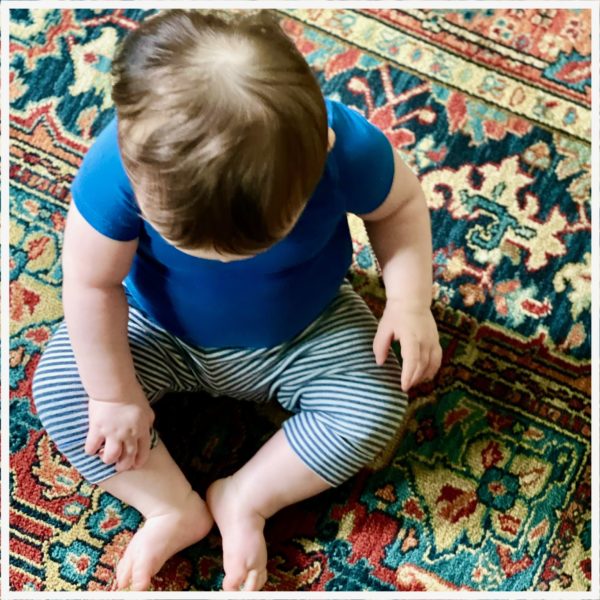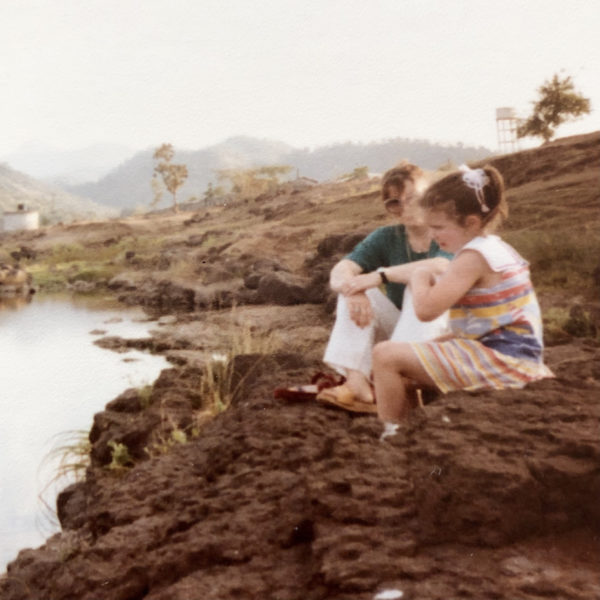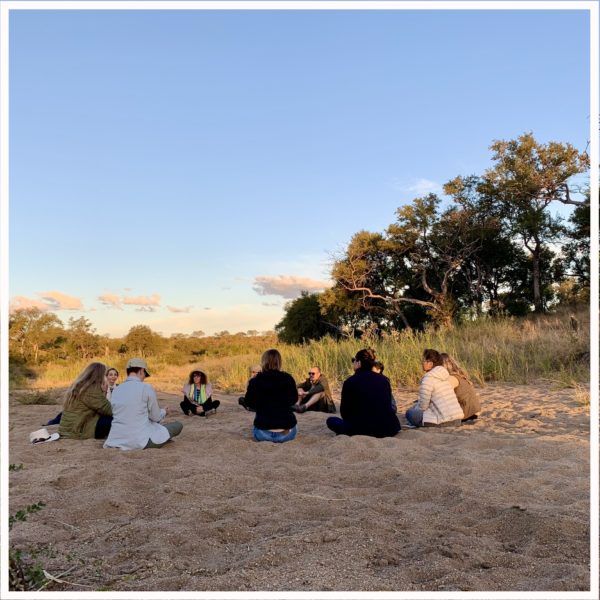Last week, my family faced a scary choice point. We had to decide whether we wanted to be more public about how we live. It was a really vulnerable feeling. As we sat in our living room, talking about whether or not we wanted to do this, I suddenly realized that I’d been luxuriating in a privilege that many folks can only imagine. And of course, it had been completely invisible to me up till now.
Marty got an email from someone who has a very popular podcast. This person is a friend of ours (“close acquaintance” might be more accurate) and so is well aware of our personal situation. Apparently, her listeners had been asking her to do a show about polyamory, and so we’d popped to mind. In the email, our friend asked Marty whether we would talk about our relationship publicly and if so, would we be willing to come on the show.
It was the first time we’d been invited to “represent” this way of life. And that was startling. We aren’t people who are really into “identifying” as stuff. The three of us fell in love, six years ago, without any real understanding of the social categories that would be applied to us as a result.
You can learn about how we fell in love in this clip from our “Bewildered” podcast.
All of us know where we’re weird, right? We’re aware of the places where our identity or lifestyle differs from the cultural mainstream. For us, a big one is the fact that our romantic relationship has three people in it instead of two. We’re a “throuple.”
What’s it like to be in a throuple? Well, it’s as comfy and easy inside our house as it is awkward and strained outside it. We are a very happy family. We have a great rhythm in the house, perpetual joy in each other’s company, and very few resentments or conflicts. When conflict does arise between two of us, we always have a loving referee to help us work through it. You can’t imagine how helpful this last is.
Outside the house, of course, it’s a different gig. I’ve found that we lean into the places where politeness stops people from voicing their confusion. We let those silences be. We rest in letter-of-the-law truths (“Marty is my wife”) that don’t include those pesky spirit-of-the-law truths (“And Karen is my girlfriend”). Since our daughter was born, this has been even more the case. I don’t know what playground cruelty will look like for her.
Anyway, we called a council of war to talk about the VERY generous invitation to go on this podcast. Karen didn’t want to appear on the podcast herself, but we all felt it would be a good thing for Marty and me to do. If we can be part of a conversation that starts to normalize the way we live, we all win, right? Especially Lila, in the long run.
But did we want to be the poster children for polyamory? Honestly, not really. Did we want our names to spring to mind (or spring to Google) when strangers started thinking about polyamory? Hell, no! The fork in the road was about us standing up to be representatives of this way of life, rather than people in the world who happened to live this way.
And that’s when I saw it. My invisible privilege.
Because all privilege is invisible when you have it, right? That’s the whole point of it.
Here are the two flavors of privilege where I’d been blissfully oblivious.
- The privilege of CHOICE around whether to reveal the places where I’m different.
- The privilege of PRIVACY if I choose not to reveal it.
What happened for Karen and Marty and me last week was we got to decide whether we want to be representatives of this polyamorous lifestyle or relationship type. Because this part of our “minority” identity isn’t apparent to the eye.
What if the interview request was asking us to represent being Black or a POC? What if it was about representing people with visible disabilities? Imagine: “Are you ‘out’ as a person of color?” “Do people know you’re a quadriplegic?”
I don’t have to live my life representing my “weirdness.” I don’t have to think about how I present myself to the world as a polyamorous person. I don’t have to think about how the choices I make in public feed into the culture’s stereotypes or counteract them. I just get to walk around as an able-bodied white lady.
What a freaking gift.
Every time I manage to reveal a layer of invisible privilege that I’ve been enjoying, it takes me further on along the road to real empathy. It’s an imaginative attempt to “walk a mile in someone else’s shoes.” (As Billy Connolly once said, “After that, who cares? You’re a mile away and you’ve got their shoes.”)
Of course this attempt will always be partial. I don’t have the machinery to fully imagine someone else’s experience. I still have to ask them to tell me about it. I still have to sit in my own discomfort as I hear what they tell me. There are more hard conversations and confronting realizations ahead. But I have to believe there’s value in flexing the empathic imagination and making the attempt.
This article originally appeared on Rowan’s Wild Inventures substack newsletter. To subscribe and get all Rowan’s posts in your inbox, head over to Wild Inventures on substack now.





Leave a Reply